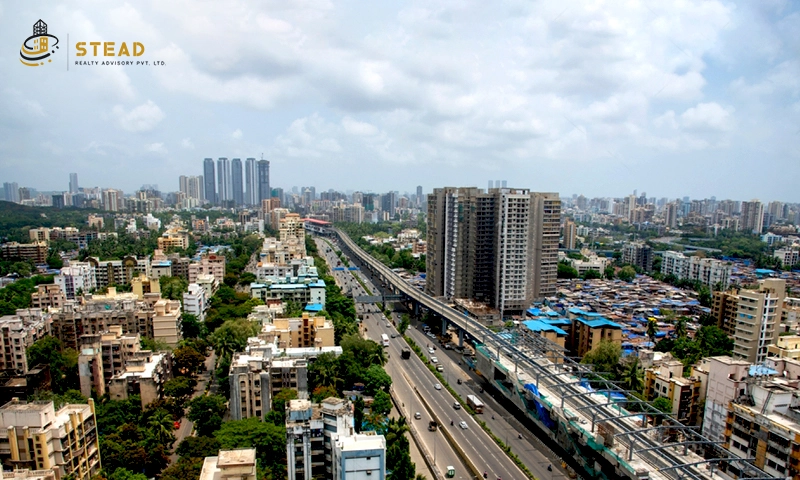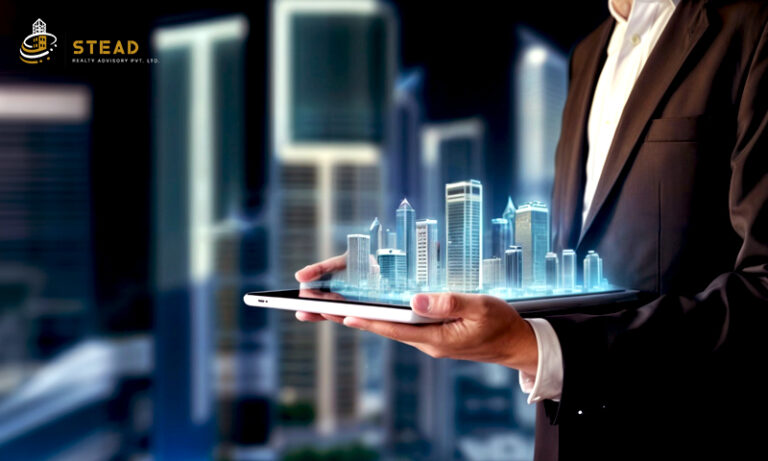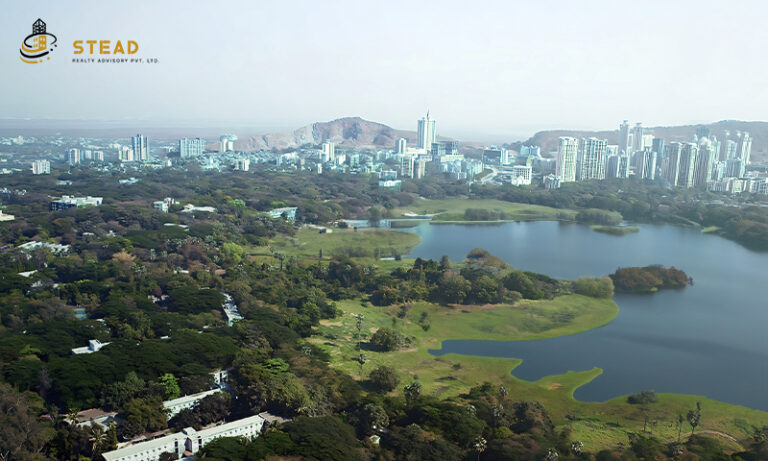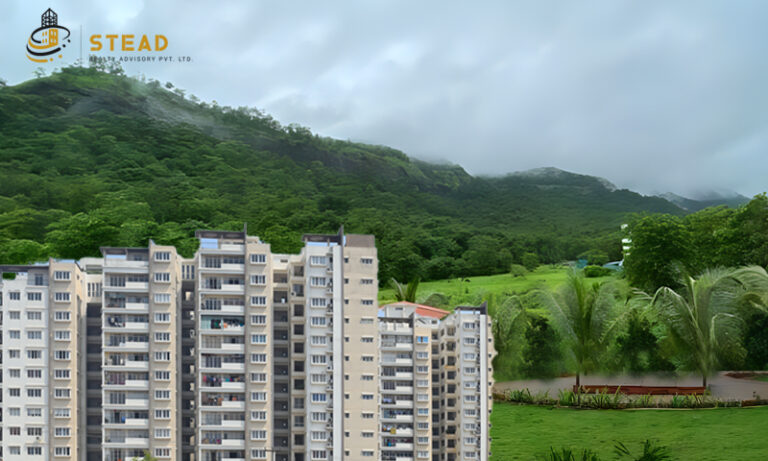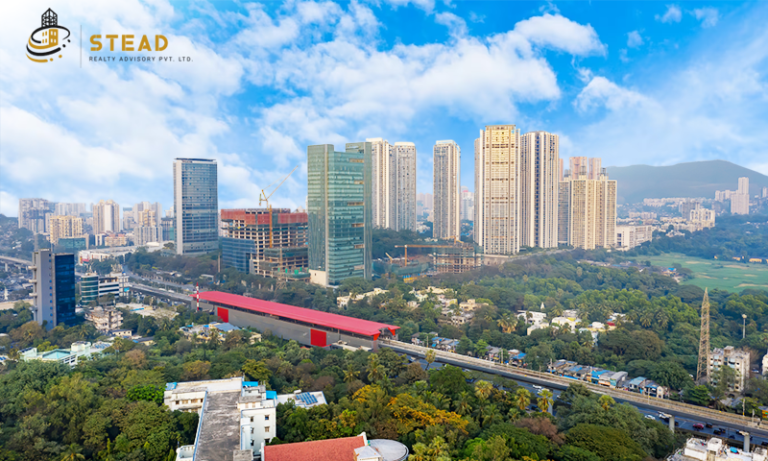Strategic Insights: Mumbai Real Estate Trends by a Consultant
Mumbai has always been a beacon for real estate development. Over the years, the city has witnessed many transformations in its real estate landscape. Economic shifts, infrastructural developments, policy reforms, and evolving consumer preferences drive these changes.
As a real estate consultancy firm, it’s essential to stay updated about the market trends. This article delves into the strategic insights provided by a seasoned real estate consultant, highlighting the current trends shaping Mumbai’s real estate market.
The Rise of Affordable Housing
One of the most significant trends in Mumbai’s real estate market is the rise of affordable housing. With the government’s push towards “Housing for All” and various incentives for developers, the development of affordable housing projects has substantially increased.
These initiatives have made homeownership feasible for a larger population and stimulated demand in the real estate market. Areas like Goregaon, Malad, and the extended suburbs have become hotspots for affordable housing, attracting first-time homebuyers and investors alike.
The Shift Towards Integrated Townships
Integrated townships are gaining traction in Mumbai’s real estate market. These townships offer a holistic living experience with residential units, commercial spaces, schools, healthcare facilities, and recreational amenities, all within a single, self-sustained community.
This trend is curated with the growing preference for a balanced lifestyle, where convenience and quality of life are paramount. Developers and real estate consultants in Mumbai are increasingly focusing on creating such integrated spaces to cater to the modern urban dweller’s needs. Projects like the Hiranandani Estate in Thane are prime examples of this trend.
The Impact of Infrastructure Development
Infrastructure development is crucial in shaping the real estate market, and Mumbai is no exception. Major infrastructure developments- such as the Mumbai Metro, the Coastal Road, and the Navi Mumbai International Airport- are transforming the city’s connectivity and accessibility.
These projects are not only reducing travel time but are also opening up new areas for real estate development. For instance, the upcoming metro lines are expected to boost real estate values in areas like Andheri East, Powai, and Ghatkopar.
Similarly, the Coastal Road project is set to enhance the appeal of locations along the western coast.
The Growth of Commercial Real Estate
Mumbai’s commercial real estate sector continues to thrive, driven by the city’s status as a financial hub. The demand for office spaces remains robust, with businesses ranging from multinational corporations to startups seeking prime locations.
Areas like Bandra-Kurla Complex (BKC), Lower Parel, and Powai are key commercial hubs attracting significant investments. The advent of co-working spaces has also revolutionised the commercial real estate landscape, providing flexible and cost-effective solutions for businesses.
This trend is particularly attracting the millennial workforce and freelancers, contributing to the dynamic nature of Mumbai’s commercial real estate market.
The Emergence of Smart Homes
In every aspect of our lives, technology has revolutionized things, including real estate. The concept of smart homes is emerging like never before, with developers incorporating advanced technologies to enhance the living experience. Smart homes offer features such as automated lighting, security systems, climate control, and energy management, all controlled through smartphones or voice assistants.
This trend caters to the tech-savvy urban population that values convenience, security, and energy efficiency. As a result, properties equipped with smart home technologies are witnessing increased demand and commanding premium prices.
The Influence of Policy Reforms
Policy reforms have had a profound impact on the real estate market, and recent changes have been pivotal in shaping Mumbai’s real estate landscape. The Real Estate (Regulation and Development) Act, 2016 (RERA), for instance, ensures transparency in all real estate projects, even of those conducted without registration. Hence, protecting the rights of homebuyers and providing up-to-date information.
With the introduction of the Insolvency and Bankruptcy Code (IBC) and the Goods and Services Tax (GST), business processes have been streamlined and made more accessible. These reforms have not only attracted domestic investors but have also made Mumbai a favourable destination for international investors.
The Role of Sustainable Development
Sustainability has become a key focus in the real estate sector, driven by increasing awareness of environmental issues and the need for responsible development. In Mumbai, developers are incorporating green building practices and eco-friendly materials to create sustainable living spaces.
Projects with features- such as solar panels, rainwater harvesting, waste management systems, and energy-efficient lighting- are gaining popularity. Environmental concerns and the long-term cost savings associated with energy efficiency drive the demand for sustainable buildings.
As sustainability becomes a priority, the real estate market is seeing a positive shift towards greener and more responsible development practices.
The Resilience of the Luxury Segment
Despite economic fluctuations, the luxury real estate segment in Mumbai remains resilient. The city continues to attract high-net-worth individuals (HNWIs) and ultra-high-net-worth individuals (UHNWIs) seeking premium properties in prime locations. Luxury projects offering exclusive amenities, panoramic views, and top-notch security are in high demand.
Areas such as South Mumbai, Worli, and Juhu are known for their luxury real estate offerings. Additionally, branded residences and serviced apartments are popular among affluent buyers, providing a blend of luxury and convenience.
The Future Outlook
The future of Mumbai’s real estate market looks promising, with several positive trends shaping its trajectory. The focus on affordable housing, infrastructure development, and sustainable practices will continue to drive growth. The commercial real estate sector is expected to thrive, supported by the city’s robust economic fundamentals.
Technological advancements and smart home innovations will further enhance the living experience, attracting a tech-savvy population. Moreover, policy reforms and a favourable investment climate will continue to boost investor confidence.
In conclusion, Mumbai’s real estate market is a dynamic and ever-evolving landscape influenced by many factors. Strategic insights from a seasoned real estate consultant highlight the key trends shaping the market, from affordable housing and integrated townships to infrastructure development and smart homes.
As Mumbai evolves, these trends will be crucial in shaping its real estate future. With such reforms, Mumbai’s real estate market is poised for continued growth and transformation.
As a real estate consultancy firm, it’s our duty to stay updated of these trends is essential for investors, developers, and homebuyers to navigate the complexities of Mumbai’s vibrant real estate market.
To know about our real estate investment advisory services, connect with us today.

